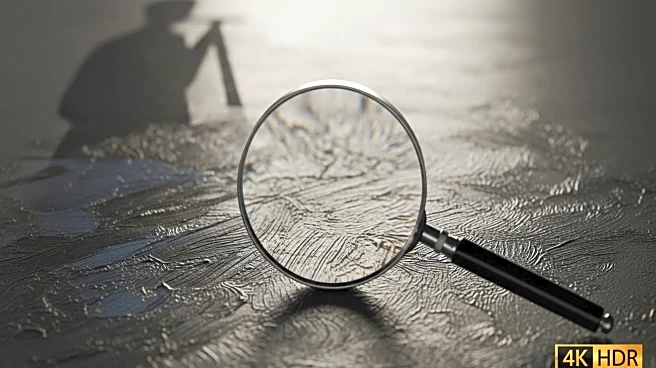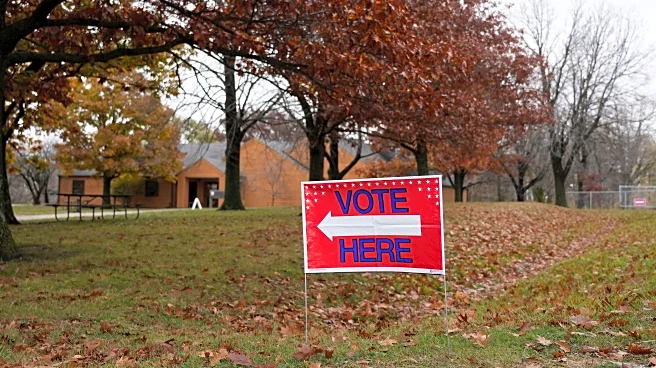What's Happening?
Carter Reese, a Pennsylvania resident, has been sentenced to 60 days in prison for his involvement in an art fraud scheme. Reese pleaded guilty to wire and mail fraud charges for selling forged artworks he claimed were by renowned artists such as Picasso, Basquiat, and Warhol. In addition to the prison sentence, Reese must pay $186,125 in restitution and a $50,000 fine. The scheme, which ran from 2019 to 2021, involved misrepresenting counterfeit art as genuine, with Reese using an alias for his supplier, who had a history of selling fake art.
Why It's Important?
This case highlights the vulnerabilities in the art market, where the authenticity of high-value artworks can be difficult to verify. The fraud undermines trust in art transactions and can have significant financial implications for collectors and investors. The involvement of the FBI's Art Crime Team underscores the seriousness of art fraud and the need for rigorous enforcement to protect the integrity of the art market. The case also serves as a cautionary tale for buyers to conduct thorough due diligence when acquiring art.
Beyond the Headlines
The lighter sentence given to Reese, despite the potential for a much longer term, raises questions about the judicial approach to white-collar crime. The case also reflects broader issues of accountability and the challenges of prosecuting art fraud, which often involves complex international networks. The impact on Reese's personal and professional life, including his bankruptcy and previous claims of being a fraud victim, adds a layer of complexity to the narrative.












